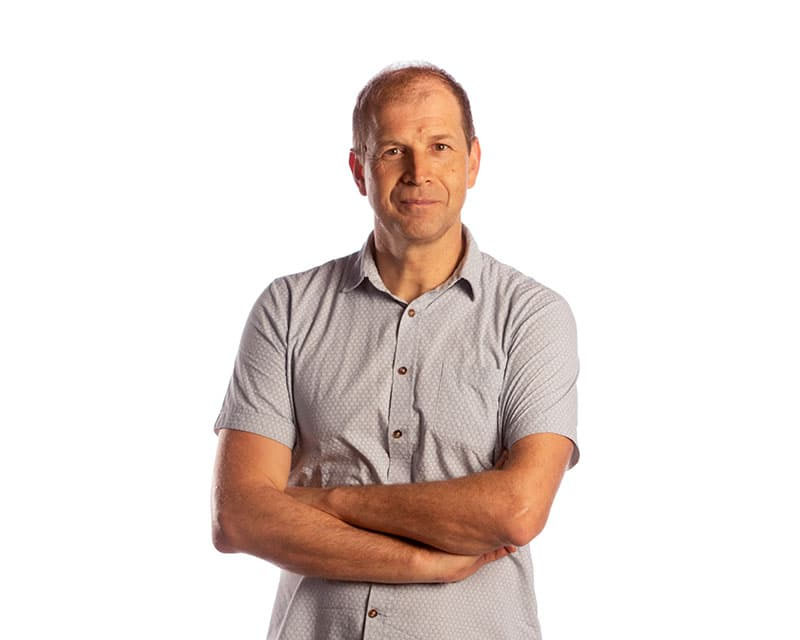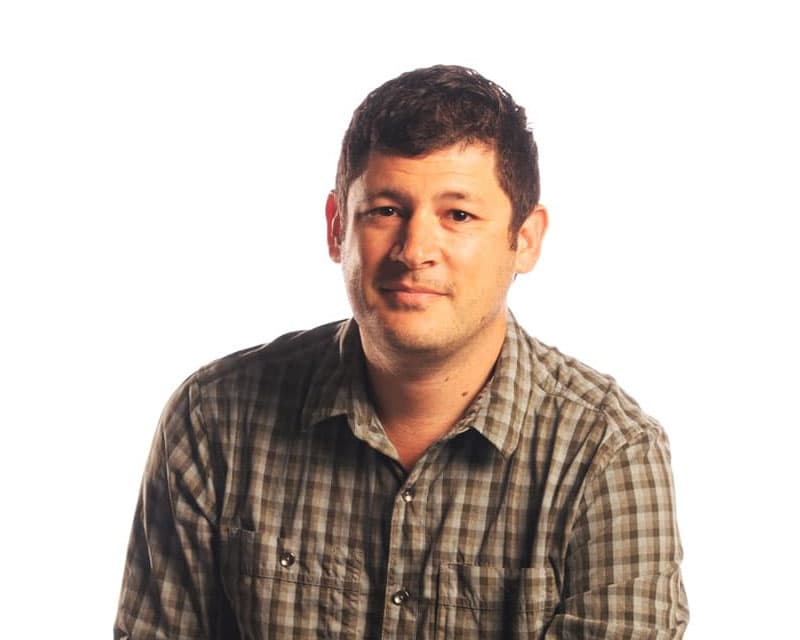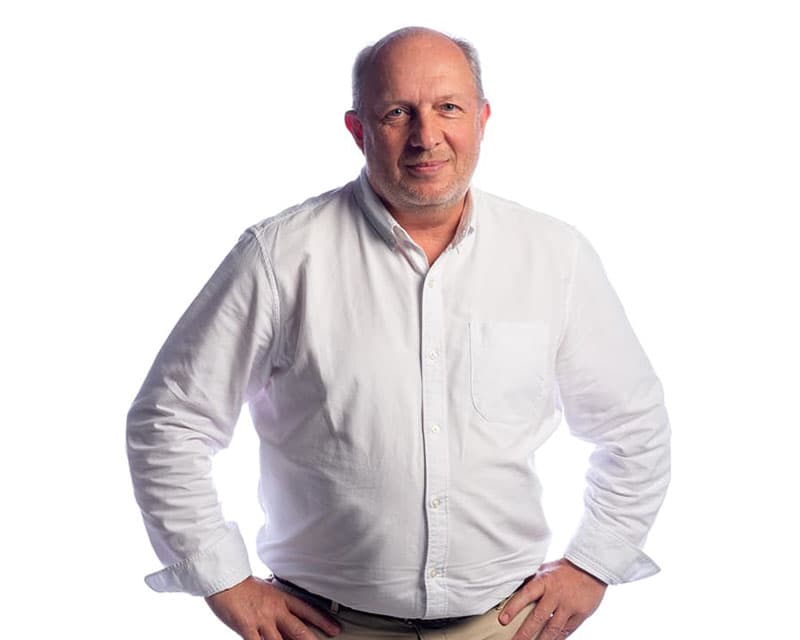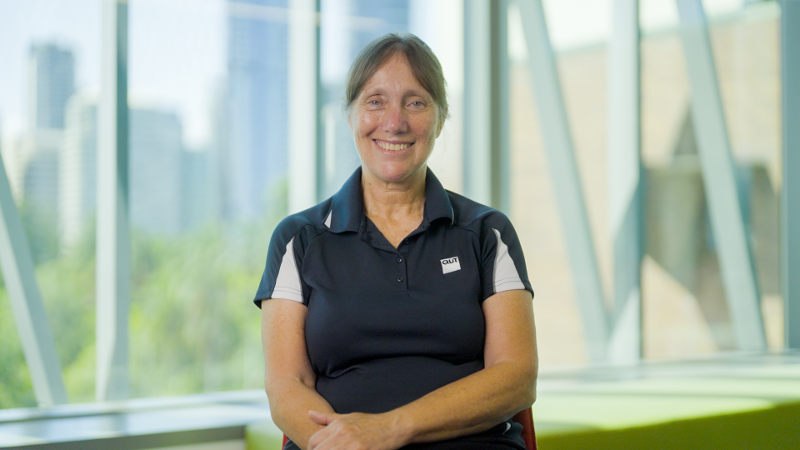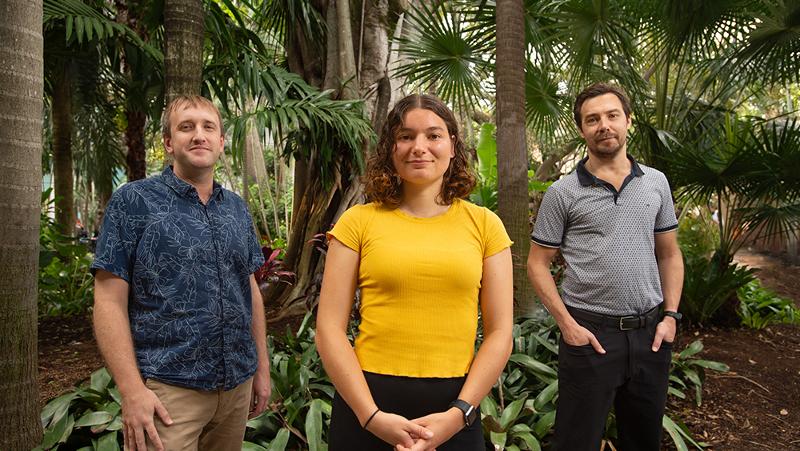Professor Christopher Barner-Kowollik
Professor Christopher Barner-Kowollik, from the Centre of Materials Science, is a world-leading soft matter nanotechnologist whose career is focused on the power and possibilities of light. He is an Australian Research Council (ARC) Laureate Fellow and Fellow of the Australian Academy of Science.
Professor Hongxia Wang
Professor Hongxia Wang, from the Centre for Materials Science, works in a multidisciplinary field of chemistry, physics and material science to develop high-performing solar cells and energy storage devices.
Professor Kathryn Fairfull-Smith
Professor Kathryn Fairfull-Smith is an organic chemist and co-director of the Centre for Materials Science. Her research has contributed to the study of nitroxides in biological systems, polymer degradation and environmental pollution.
Associate Professor Deepak Dubal
Associate Professor Deepak Dubal, from the Centre for Materials Science, works in the field of designing advanced materials, in particular their implementation in emerging energy conversion and storage technologies with special focus on supercapacitors, batteries and integrated devices.
Professor Kirill Alexandrov
Professor Kirill Alexandrov, from the CSIRO-QUT Synthetic Biology Alliance and QUT’s Centre for Agriculture and Bioeconomy, is professor of synthetic biology.
Dr Selen Turkay
Dr Selen Turkay has worked as a Research Fellow at Harvard Initiative for Learning and Teaching (2013-2015); and as a Research Scientist at Vice Provost for Advances in Learning (2015-2017) at Harvard University.
Professor Michael Bode
Professor Michael Bode develops mathematical theory and tools to understand threatened ecosystems and support large-scale management and conservation decisions.
Dr Kate Helmstedt
Dr Kate Helmstedt's research expertise is in using operations research to guide smart decision making for natural resource and environmental management with the ultimate goal of guiding future management decisions towards cost-efficiency, transparency and defensibility.
Dr David Flannery
Dr David Flannery is senior lecturer in Earth and Planetary Sciences, with QUT’s School of Earth & Atmospheric Sciences in the Faculty of Science.
Professor Dmitri Golberg
Professor Dmitri Golberg, an Australian Laureate Fellow, is a material scientist and physicist who uses state-of-the-art methods of transmission electron microscopy in studying nanomaterial behaviour in extreme environments.




